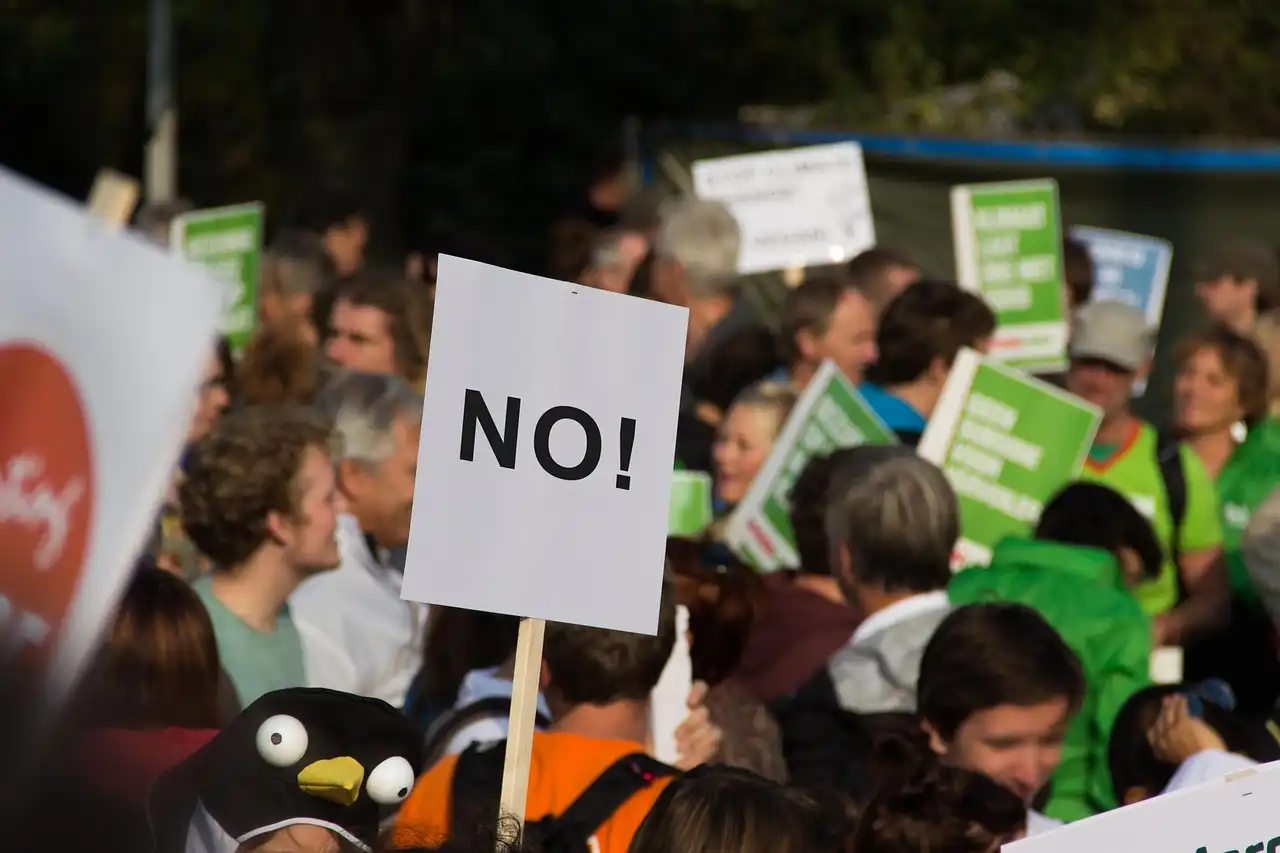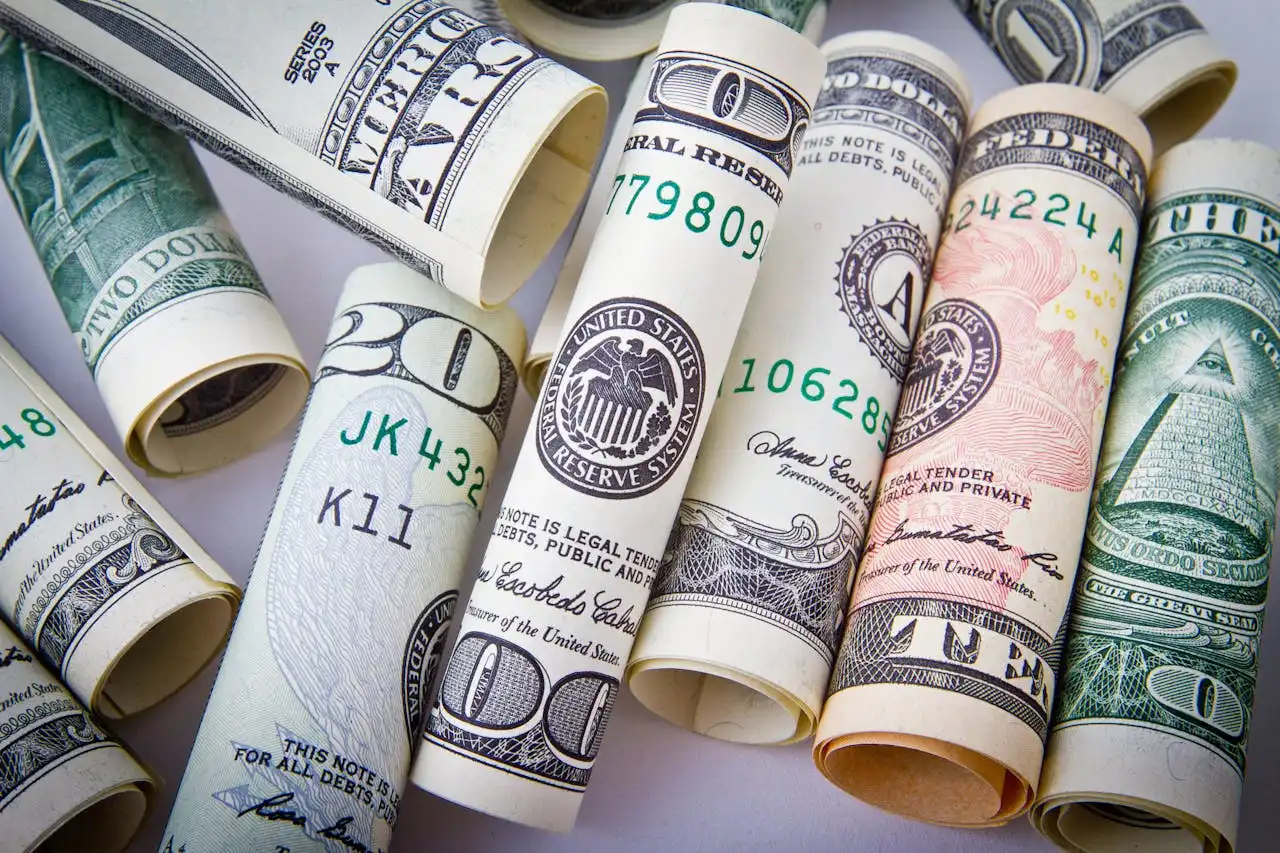From Overconsumption to Sustainability: How Slow Living Supports Our Planet
Muhe - Thursday, 17 July 2025 | 12:30 PM (WIB)


What Exactly is "Slow Living"?
Before you picture yourself living off-grid, churning butter by hand, let’s clear the air. Slow living isn't about doing everything at a snail's pace, nor is it about romanticizing hardship. It’s a mindset, a conscious decision to reclaim your time, energy, and resources from the clutches of hyper-consumerism and endless hurry. At its core, slow living is about intentionality. It's about choosing quality over quantity, presence over distraction, and meaningful connection over superficial accumulation. It’s about being mindful of your choices, understanding their impact, and cultivating a life that feels authentic and truly nourishing. Think of it less as a strict rulebook and more as a guiding philosophy. It encourages us to pause, to reflect on what truly matters, and to make choices that align with our values. Whether that means savoring a homemade meal instead of grabbing takeout, repairing a beloved item instead of tossing it, or spending an afternoon reading a book instead of endlessly scrolling social media, it’s all part of the slow living tapestry. It’s about opting out of the rat race, even just a little, to find peace and purpose in the everyday.The Green Revolution from the Inside Out
So, how does this calm, intentional approach translate into tangible benefits for our stressed-out planet? The connection is profound and, frankly, pretty awesome. When we embrace slow living, we naturally begin to dismantle the engines of overconsumption, one mindful choice at a time.Less Stuff, Less Waste
Perhaps the most obvious link is through reduced consumption. When you choose quality over quantity, you buy less. Instead of chasing fleeting trends, you invest in timeless pieces that last. This immediately translates to less demand for new resources, less energy expended in manufacturing, and ultimately, less waste ending up in landfills. It’s a simple equation: fewer things bought equals fewer things discarded. Period.Mindful Choices and Ethical Buying
Slow living nudges us towards asking "why?" before we buy. Is this product ethically sourced? How was it made? Who made it? This curiosity often leads us to support local artisans, small businesses, and brands committed to sustainable practices and fair labor. We start to value the story behind an item, not just its price tag. It's about voting with your dollar for a better world, literally.The Art of Repair and Reuse
Remember a time when things were fixed instead of just thrown away? Slow living revives that incredibly valuable skill. A ripped seam, a wobbly chair, a dying toaster – instead of immediate replacement, we learn to mend, repair, or upcycle. This not only saves money but dramatically extends the lifespan of products, keeping them out of the waste stream and reducing the need for new production.Embracing Local and Seasonal
From farmers' markets to neighborhood shops, slow living encourages a deeper connection to our immediate environment. Choosing locally grown produce reduces transportation emissions and supports local economies. Opting for seasonal foods means less energy used in greenhouses or long-haul shipping. It’s about living in harmony with nature’s rhythms, not fighting against them.Time Affluence and Deeper Connections
When you slow down, you gain time – time to cook nourishing meals from scratch, time to cultivate a small garden, time to walk or cycle instead of drive, time to connect with nature. These seemingly small shifts accumulate into significant environmental benefits. Plus, having more time allows for deeper connections with people and places, fostering a sense of community and stewardship for our shared world.Beyond the Planet: A Win-Win for You
Here’s the kicker: slow living isn't just a gift to the planet; it's a profound gift to yourself. Imagine less stress from constant wanting, more financial freedom from buying less, and a deeper sense of contentment from valuing experiences and relationships over possessions. It can lead to improved mental health, less anxiety, and a greater appreciation for the simple joys of life. It’s a path to living more richly, not by having more, but by needing less. Ready to dip your toes in? Start small. Maybe try a "no-spend" week. Or commit to mending something instead of replacing it. Cook one more meal at home. Spend 15 minutes outdoors, truly present. It’s not about perfection, but progress. Each tiny, intentional step you take away from the hustle and towards a more deliberate life is a vote for a healthier planet and a happier you. In a world perpetually speeding up, the radical act might just be to slow down. It’s a powerful, personal choice that collectively, could reshape our relationship with consumption and pave the way for a truly sustainable future. And honestly? It feels pretty darn good to be part of something so vital.
Your Weekend Won't Recharge Itself: A Guide to Crushing the Energy Reset
6 months ago

The Hidden Horrors of Tear Gas: More Than Just a Fleeting Sting
6 months ago

1312: The Meaning, Origin, and Social Context of the Notorious Number
6 months ago

The Digital Tightrope: How Social Media Puts a "Double Burden" on Today's Teens
6 months ago

Say Goodbye to Awkward Texts: WhatsApp Unveils Your New AI Writing Coach
6 months ago

The Secret Weapon of Penguins: Why Their Poop is More Impressive Than You Think
6 months ago

NVIDIA Crushes New Record, Yet Market Concerns Still Exist Over "AI Bubble"
6 months ago

Your Cosmic DNA? Unpacking How Zodiac Signs Shape Who We Are
6 months ago

The Siren Song of Easy Money: Why We Can't Resist
6 months ago

Unplug and Recharge: Your Guide to Escaping the Gadget Grip
6 months ago
